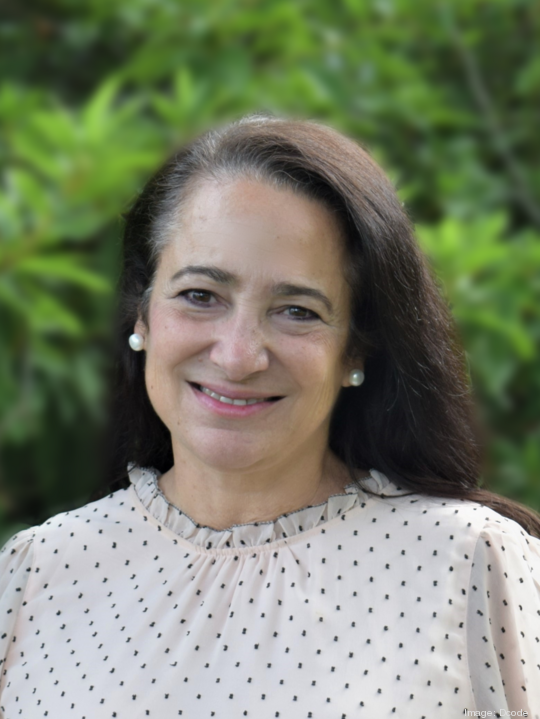
Modernizing the federal government’s information technology infrastructure has been a largely bipartisan goal in Washington, though it's often progressed more glacially than quickly.
But the increasing demands facing federal agencies, particularly during the Covid-19 pandemic, may serve as the sea change event that speeds adoption.
For Lisa Gaisford, that means an opportunity to start preaching the gospel of innovation far beyond a flock of interested agency leaders and instead finding a wider audience.
A veteran of both the public and private sector sides of the federal technology business, Gaisford is now the managing director of D.C. startup accelerator Dcode’s government operations, dubbed GovHub, and she said today’s climate emphasizes the imperative of modernization more strongly than before.
“I think the environment just stresses the need for more commercial technology,” said Gaisford. “Commercial technology, innovative technology can improve the mission outcomes fast. I think this demonstrates that we can’t wait for it.”
After spending a career trying to foster innovation in the federal government, both in the Office of Management and Budget and the Federal Communications Commission — as well as companies like BAE Systems Inc., Deloitte Consulting LLP and Science Applications International Corp. (NYSE: SAIC) — Gaisford said Dcode’s history of targeting innovative companies to shepherd through the complexities of the federal contracting market was a draw too compelling to pass up.
While there is demand for new solutions in the federal marketplace, there are also plenty of challenges. As spending has increased in response to the pandemic and the technology requirements of telework, contractors have also faced increased challenges in performing on contracts without access to the facilities in which the work is done.
There’s also the chilling effect regulatory demands can have on small contractors without the infrastructure to navigate them. That has become especially acute at a time when some agencies seeing fewer small contractors competing for solicitations.
“We know the government wants innovation, we know the technology is out there. It’s not about supply and demand, it’s about the ability to overcome what we call the cultural divide between the two,” she said. “I think the government needs to do more smaller, iterative, modular-type contracting. I would also add that they have to market differently. The small companies, they aren’t checking beta.sam.gov. They don’t have the access to the [Governmentwide Acquisition Contract] announcements that only go to the prime vendors.”
That’s where Dcode can come in, Gaisford said. The technology accelerator not only instructs new companies on how to navigate the contracting market, it can provide agencies with a vetted cadre of potential new partners, helping bridge the cultural chasm.
Beyond that, she added the company is working with the Air Force’s technology accelerator, AFWERX, to scope its technology problems and map them to vetted commercial companies that can address them.
That work is being done under a Small Business Innovation Research (SBIR) award — a program that provides three tiers of R&D funding to small innovative companies, running from the basic research phase through bringing viable solutions to market in the third phase. Through the program, Dcode is able to provide sole-source contracts to certain agencies, providing resources like problem identification and use case analysis, technology scouting and vetting, solution matchmaking and tech exchanges and end-user training.
Dcode is also working with senior intelligence leaders to help them understand how venture capitalists evaluate up-and-coming companies, and is assisting the Defense Health Agency in crafting a new acquisition business model to attract new vendors.
Gaisford said she wants to extend those services even further, beefing up the GovHub team to not only engage agencies that are leaning into technological change, but also the ones that have been more reticent to change, helping them diagnose the areas that could best be served by innovation and partnering them with the companies that can provide it.
While Gaisford said she senses the shift in technology caused by the pandemic, she acknowledges the current budget environment, and established federal culture, still weigh heavy against that momentum.
“One side of me says that if we are on a prolonged [continuing resolution], and just the uncertainty with Covid, government might kind of do the business as usual,” she said. “The other side of me says that this has been an extreme wake-up call and that working remote has worked so much better than I think so many companies had ever envisioned. So much better than the government ever envisioned, that could increase the appetite for doing things differently.”

